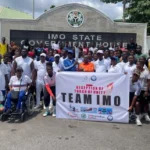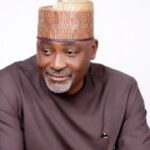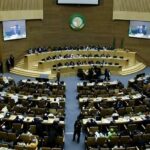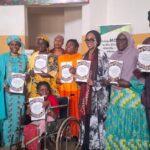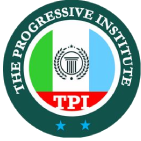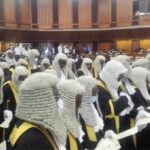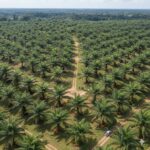An economist, Dr Zainab Usman, has underscored the need to conceptualise economic diversification as a political project to address internal threats affecting the country’s survival.
Usman, Director, Africa Programme at the Carnegie Endowment for International Peace in Washington, D.C. said this in Abuja at a symposium jointly hosted by Agora Policy and the Carnegie Endowment for International Peace.
The event also featured the presentation of a recently published book titled: “Economic Diversification in Nigeria: The Politics of Building a Post-Oil Economy,” authored by Usman.
“There is a need to stabilise Nigeria’s volatile balance of power through an enforcement of systematic power sharing, to resolve collective action problems and reduce the volatility of political competition for a long-term economic policy orientation.
“The government should envision an economy that works for all, balance the role of the state and the market, accommodate regional differentiations, and address revenue sharing complexities.
“Also, there is a need to proactively tackle market failures on the supply and the demand side, as the urgent policy priority for building a post-oil economy,” she said.
Usman said the book was produced based on a decade long inquiry on the development challenges of resource-rich countries.
She said the book explained reasons for underperformance of Nigeria’s economy in nine key messages which included an alternative framework for conceptualising the challenges of oil-rich countries.
She listed other reasons to include the nature of a country’s political settlement shapes policy making and economic outcomes.
The economist said policy reforms in Nigeria had been focused on crisis-management rather than economic diversification and expanded non-oil resources growth driven by non-oil sector.
According to her, changes have actually not diversified Nigeria’s exports or fiscal revenue while oil sector still accounts for 80 per cent export earnings and more than 50 per cent of government revenue.
She further listed other reasons for underperformance as dependent on oil revenues which was acute at the sub national level, but Lagos state had diversified its fiscal revenues.
Earlier in a remark, Mr Waziri Adio, Founder and Executive Director of Agora Policy, who described the book as the Nigerian policy elite said it was committed to joining others in finding practical solutions to Nigeria’s urgent national challenges.
Adio said that Nigeria’s economic performance had been uneven and below par, adding that so much had been written about this and the reasons for the undesirable outcome.
“But Nigeria’s uneven and subpar economic performance is not just about theoretical constructs or just a mere academic exercise.
“It is not just about plans dutifully and periodically drawn up but more about carefully considered choices and consistently applied actions by the political and the policy elites,” he said.
He called for a solution centred deliberation, underscoring the need for deliberate journey of not only thinking differently but acting differently, and most importantly—optimally and consistently.
Carnegie, established in 1910, offers decision makers global, independent and strategic insight and innovative ideas that advances international peace.
Agora Policy is a Nigerian think-tank and non-profit committed to finding practical solutions to urgent national challenges and build capacity for governance.
NAN reports that the book was selected as one of the Best Books of 2022 by the Financial Times.
The book also served as an entry point for a policy discussion by featuring a panel session on “How Nigeria Can Build a Post-Oil Economic Future.”
The eminent panellists who also endorsed the book for economic diversification and development included the Kaduna State Governor, Malam Nasir El-Rufai and his Anambra counterpart, Prof. Charles Soludo.
Others included the former Central Bank of Nigeria’s Governor, Sanusi Lamido Sanusi, Mr Aigboje Aig-Imoukhuede, Chairman, Coronation Capital, and Dr Shubham Chaudhuri, the Country Director, World Bank, Nigeria. (NAN) (www.nannews.ng)
=========
Edited by Chinyere Joel-Nwokeoma

